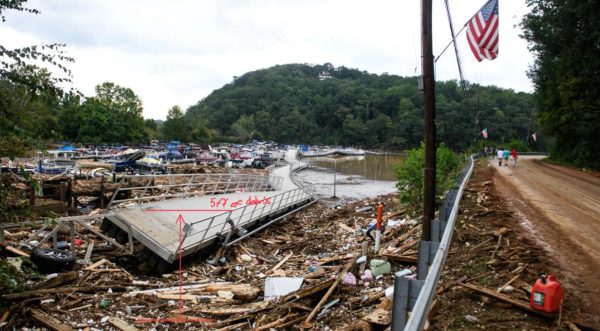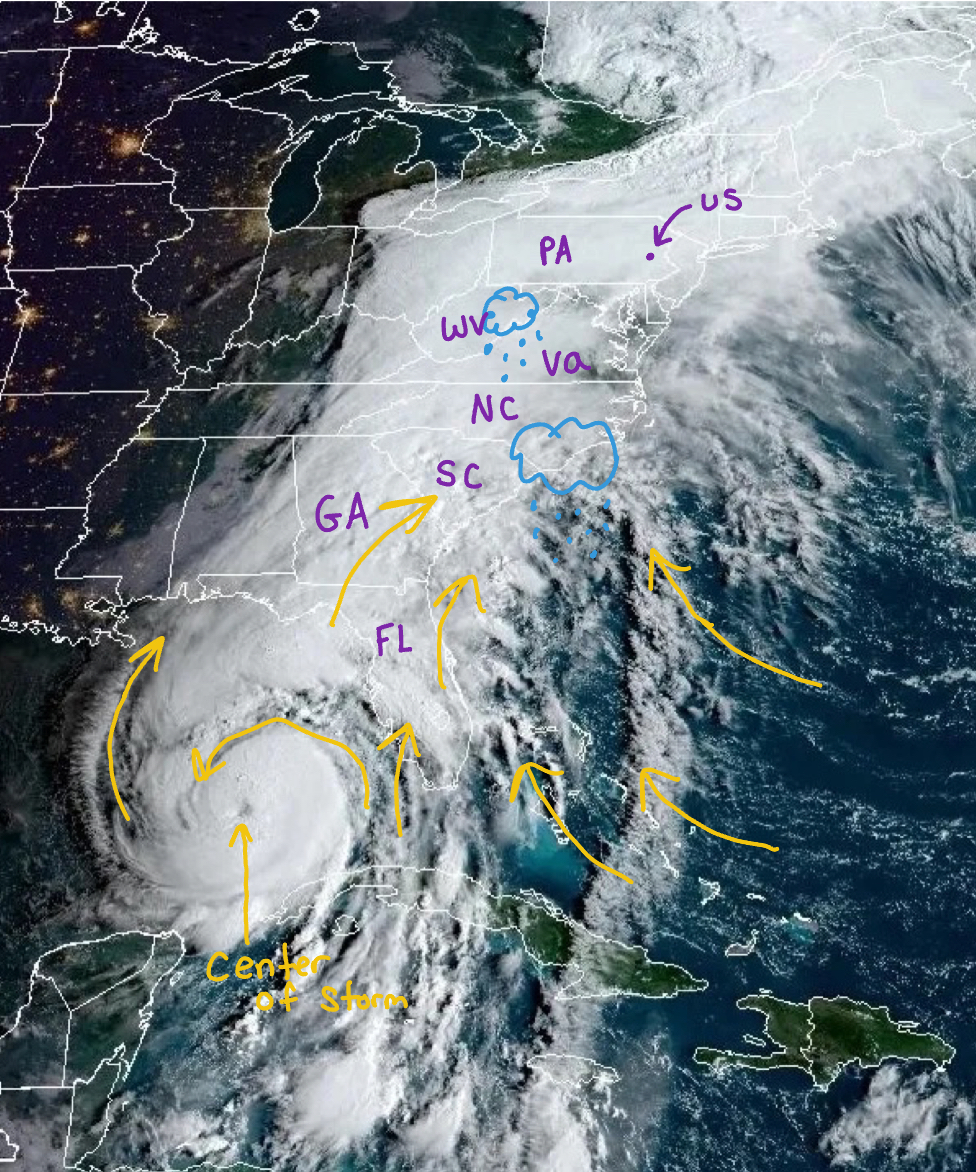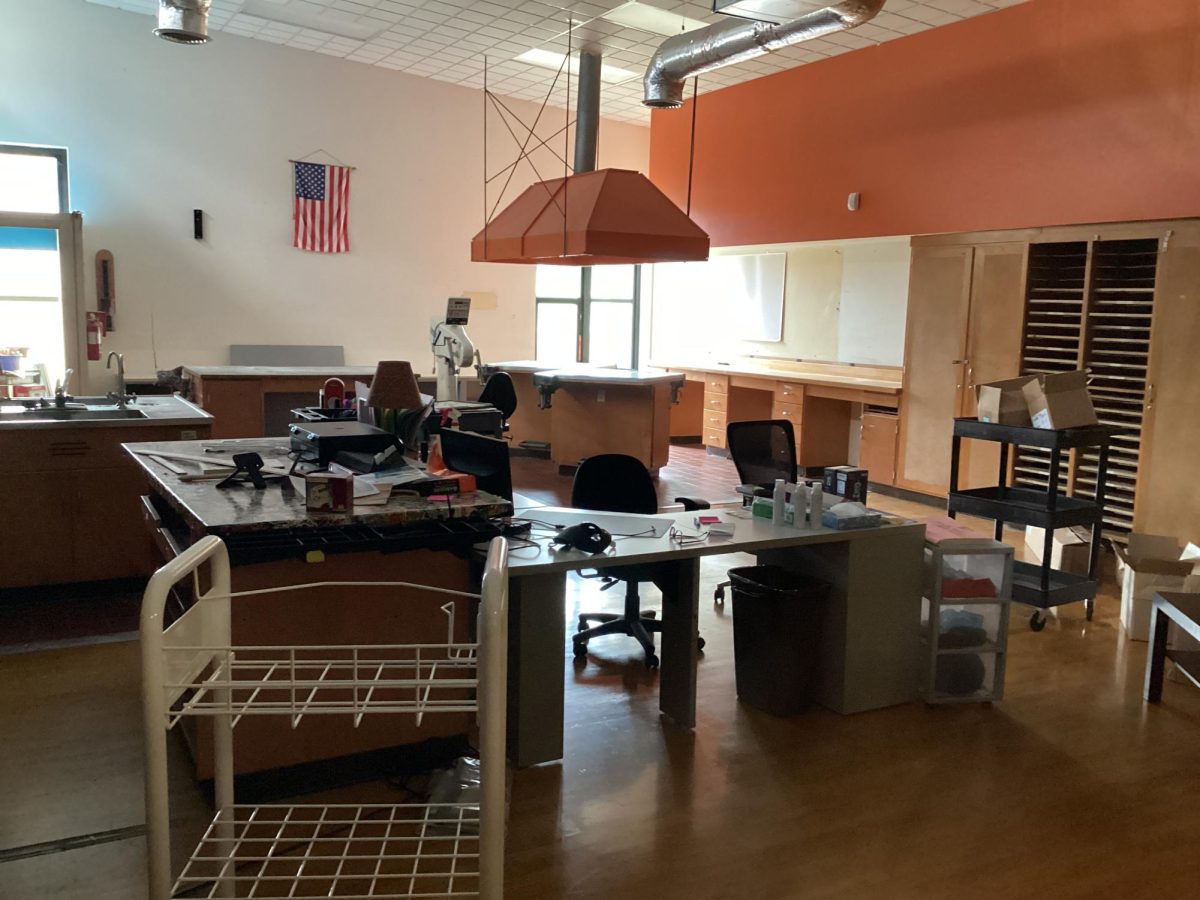For the past few weeks, the southeast coast has been getting hit hard with hurricanes due to the climate and geography. Hurricanes are inevitable and unfortunately bound to happen every year, but this year, they did more damage than usual. Due to the pathway and mountainous regions, the hurricane was compressed, so lots of rain got squeezed out, making it much worse. The effects of climate change are on display with the rise in temperature exhibited in the Caribbean, also leading the storms to be more violent.
“North Carolina is still reeling from Helene with mudslides, homes reduced to debris and roads destroyed, making car travel impossible” said reporter Marlene Lenthang.
In the past decade, death tolls and costs associated with hurricane damage have been skyrocketing. Hurricane Helene alone has killed at least 220 people with dozens more missing. Eight hurricanes have killed over 100 people since 1950. Hurricane Helene has been one of the deadliest to hit the land since Hurricane Katrina. It affected lots of the east coast in states such as North and South Carolina, Florida, Georgia, and more. These southern states are getting as much help as possible with the damages, but this level of destruction can take years to recover from.

In North Carolina, there was historic flooding. Some places had over a foot of rain in a day. The highest area got a total of 31.33 inches across an entire mountain range, and another 20 inches in just the Three days following the storm. This caused waterways to flood severely. The rain caused houses to get swept away in one piece and roads to be covered with landslides and mudslides, if not totally wiped away. The poor infrastructure of the rural Appalachians also led to unnecessary flooding and subsequent damages due to vital bridges and roads. This destruction of the transportation network has families fleeing on foot across train tracks and bridges to get away from the most affected regions.
Concerns over FEMA, the Federal Emergency Management Fund, have been raised over the allocation of funds in the last couple weeks. As different voices speak out for the needs of the survivors of this natural disaster, confusion over what will be prioritized for them arises, along with how the future will be impacted by these efforts.
Hurricane Helene was a warning of the future and the potential changes to how we, as a nation, react to disaster relief and prevention. From the climate change and geographical features, disasters like Helene, and the incoming Milton, are going to become more prevalent.






